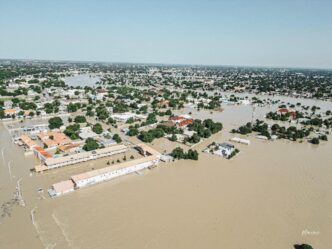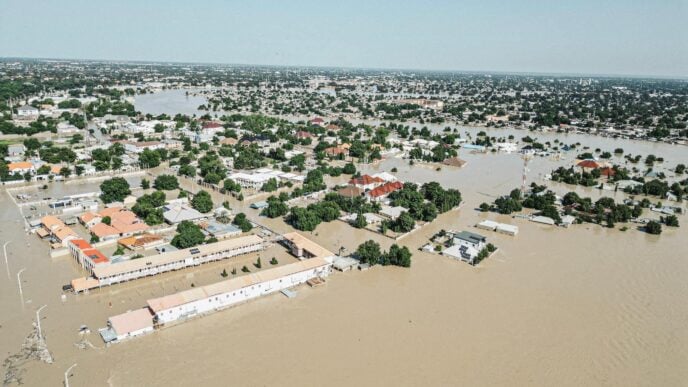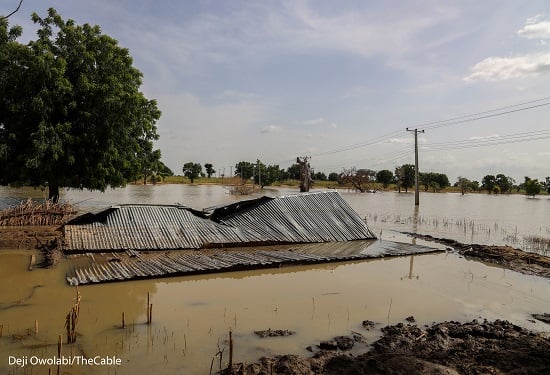Photo Credit: Apparel Resources News-Desk
The European parliament and council have reached a provisional agreement on new measures to reduce food and textile waste across the European Union (EU).
Food and textile waste contribute to climate change by releasing methane and carbon dioxide emissions into the atmosphere.
On Tuesday, the parliament and council introduced binding targets and extended producer responsibility (EPR) schemes for EU countries.
Negotiators agreed that member states must meet national food waste reduction targets by December 31, 2030.
Advertisement
These include a 10 percent reduction in food processing and manufacturing and a 30 percent per capita reduction in retail, restaurants, food services, and households, compared to the 2021–2023 annual average.
To further curb waste, countries are required to implement measures ensuring that businesses involved in food waste prevention and generation facilitate the donation of unsold food that are safe for consumption.
According to the deal, textile producers and e-commerce sellers are required to finance the collection, sorting, as well as recycling of textile waste.
Advertisement
Micro-enterprises will also have an additional 12 months to comply with the EPR requirements.
The rules cover products such as clothing, accessories, footwear, household linens, and curtains, with EU countries also having the option to extend EPR schemes to mattress producers.
The agreement urges member states to address the environmental impact of fast fashion when determining financial contributions to their EPR schemes.
Anna Zalewska, the lead negotiator from the European Conservatives and Reformists (ECR), said that the agreement balances environmental goals with economic feasibility.
Advertisement
“We succeeded in ensuring feasible and realistic provisions for member states to implement food waste reduction policies while preventing negative impacts on the agricultural sector,” Zalewska said.
“We also set up a legal framework to ensure that producers contribute to the effective separate collection of textiles they produce.”
The agreement, reached in an “early second reading”, now awaits formal adoption by the council before being endorsed by the parliament.
The EU generates nearly 60 million tonnes of food waste and 12.6 million tonnes of textile waste annually. Clothing and footwear alone account for 5.2 million tonnes, or 12 kg per person per year.
Advertisement
According to the European environment agency, less than one percent of all textiles worldwide are recycled into new products.
In 2023, the European Commission proposed revising EU waste regulations, following existing rules requiring member states to establish textile waste collection systems by January 1, 2025.
Advertisement









